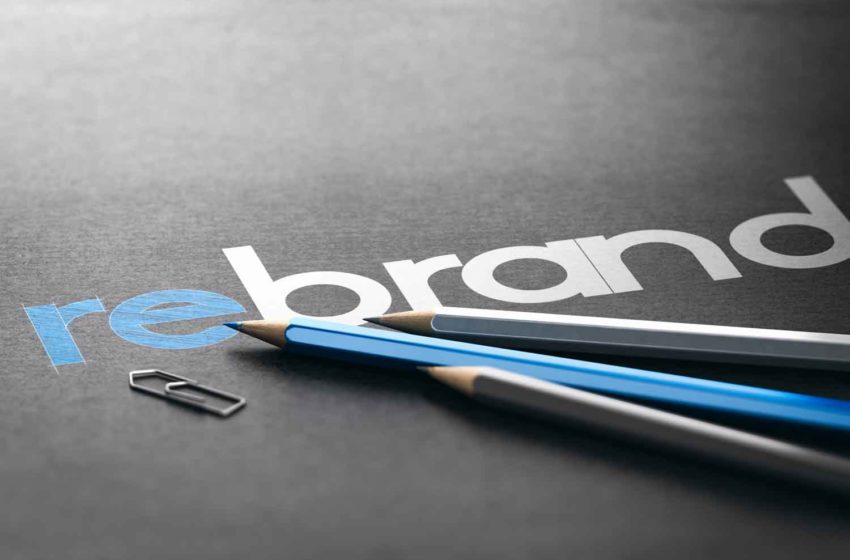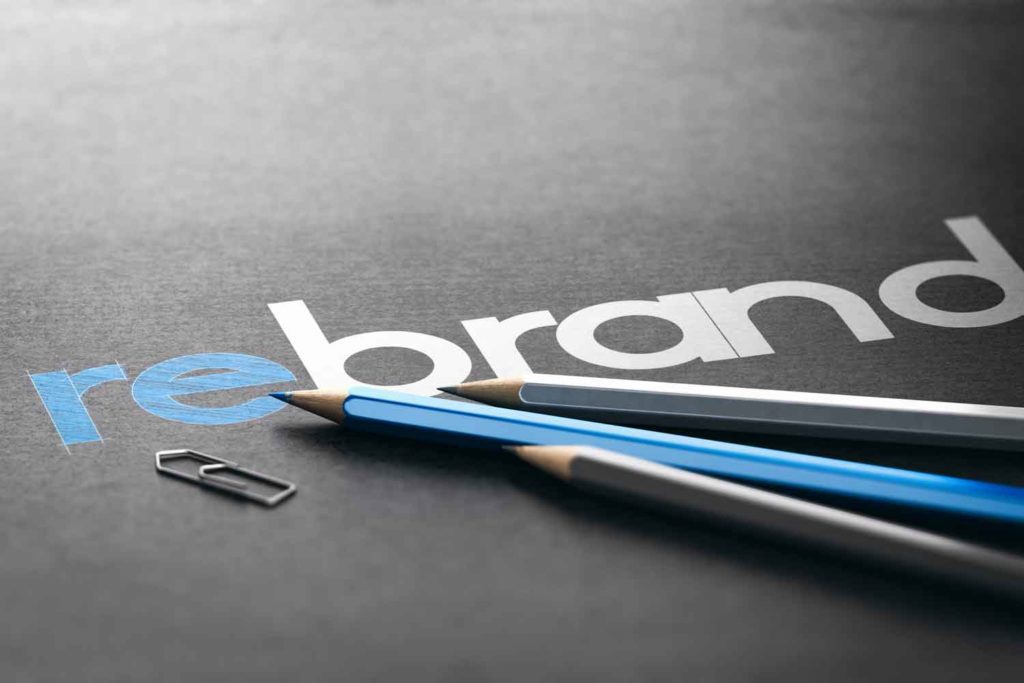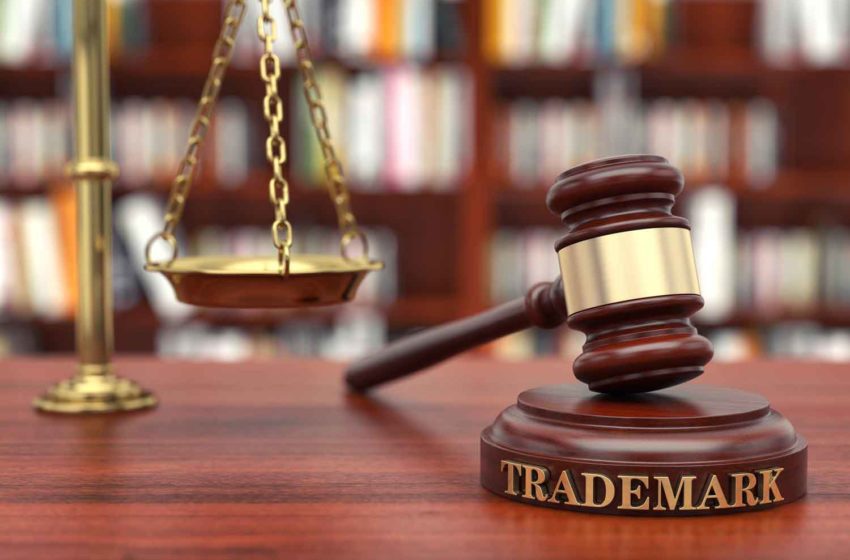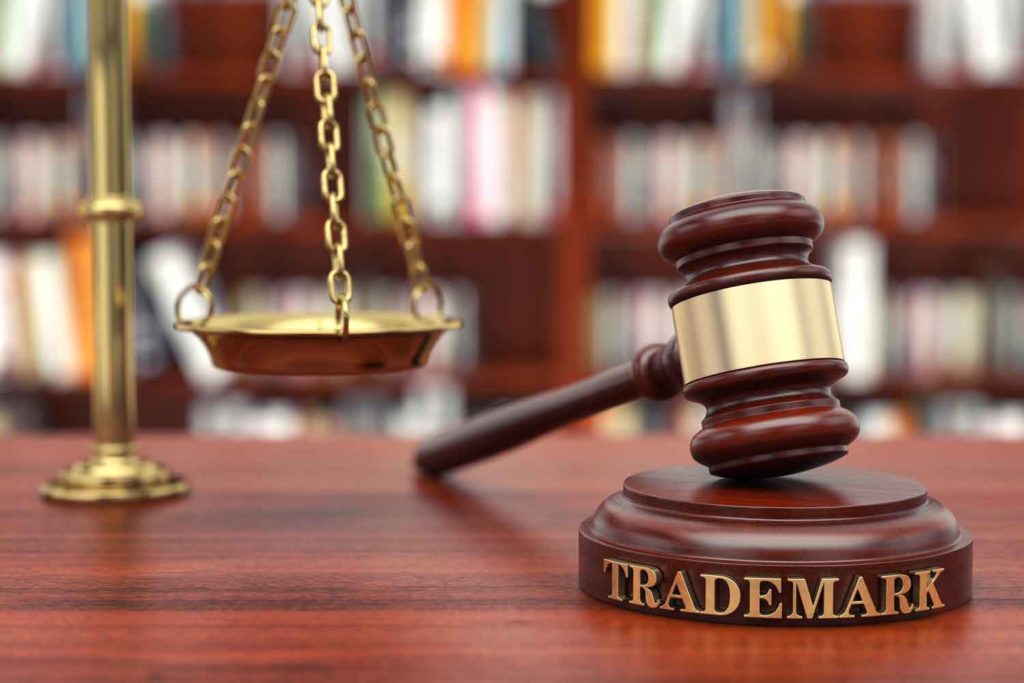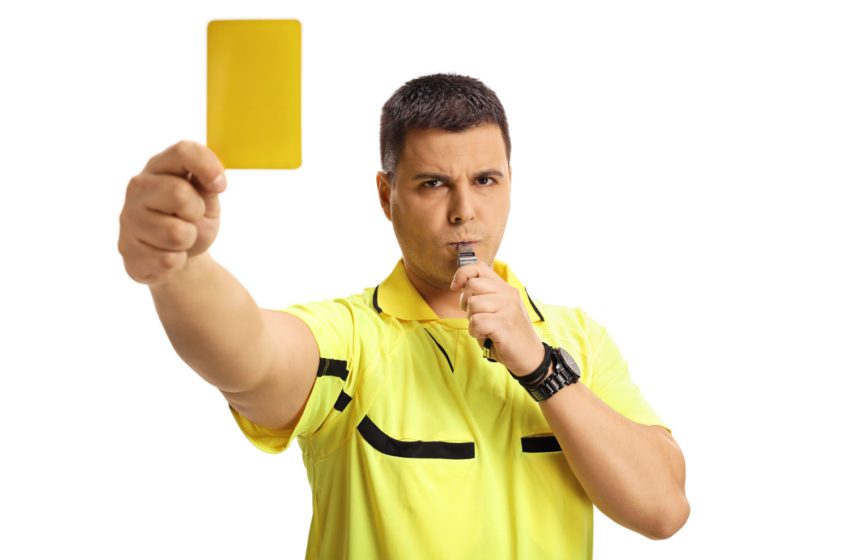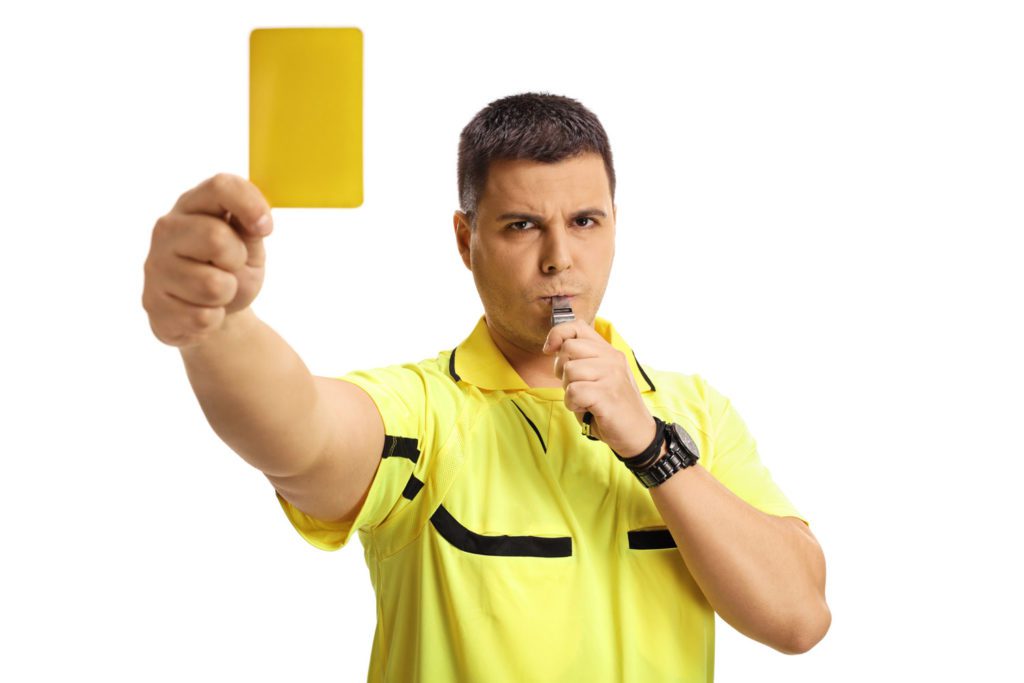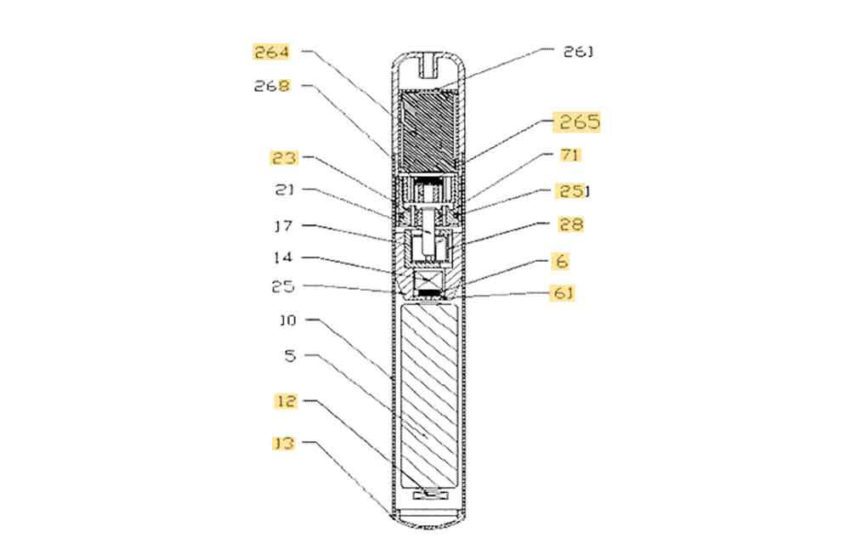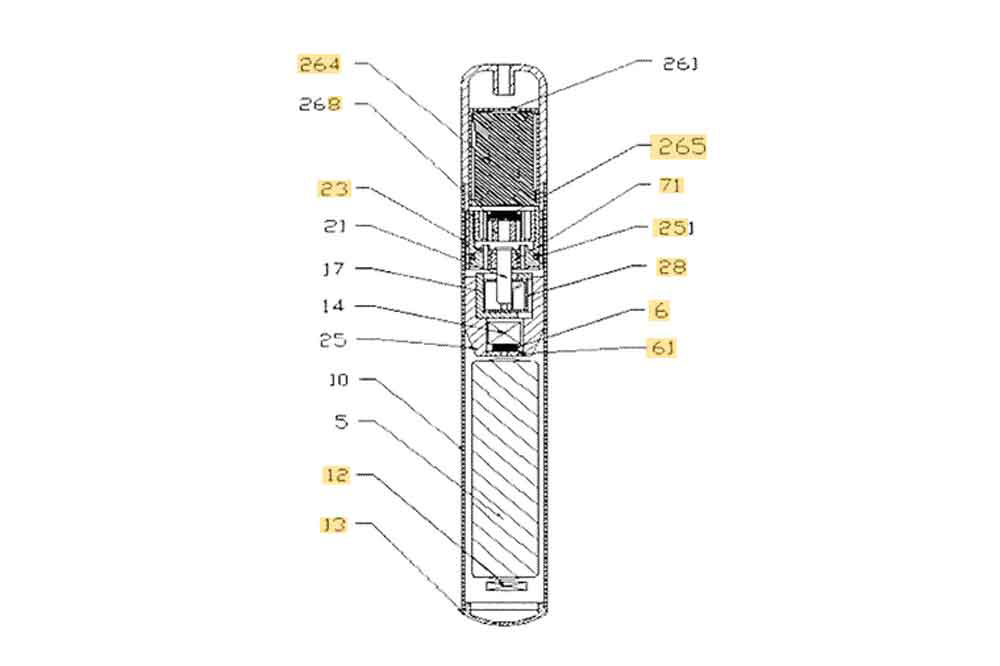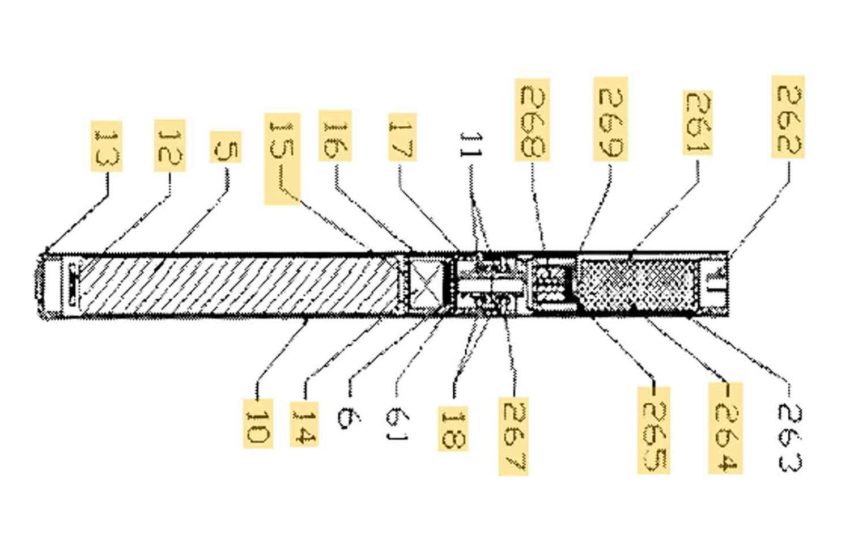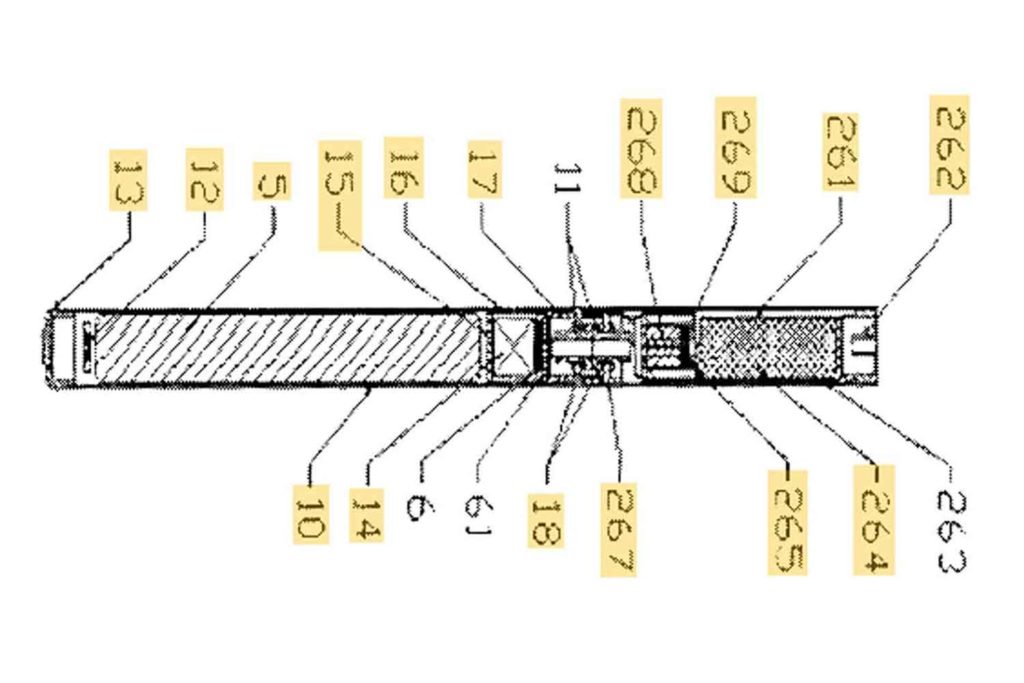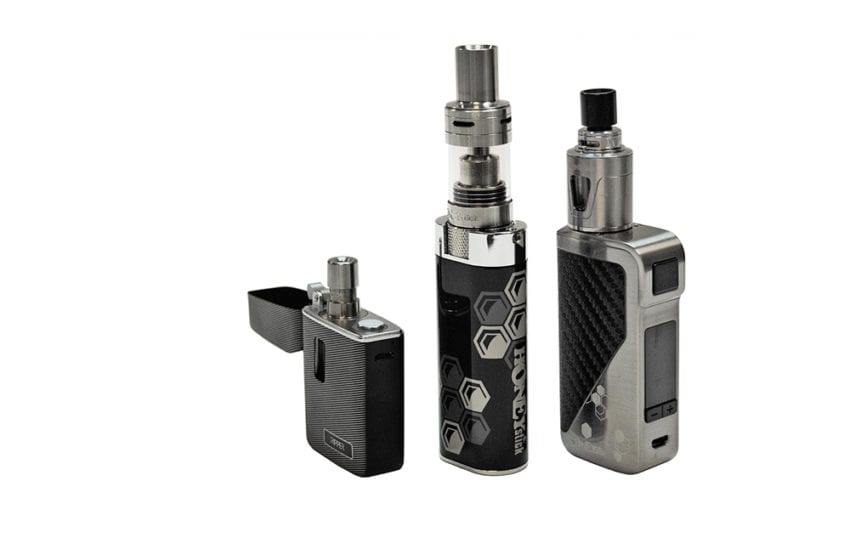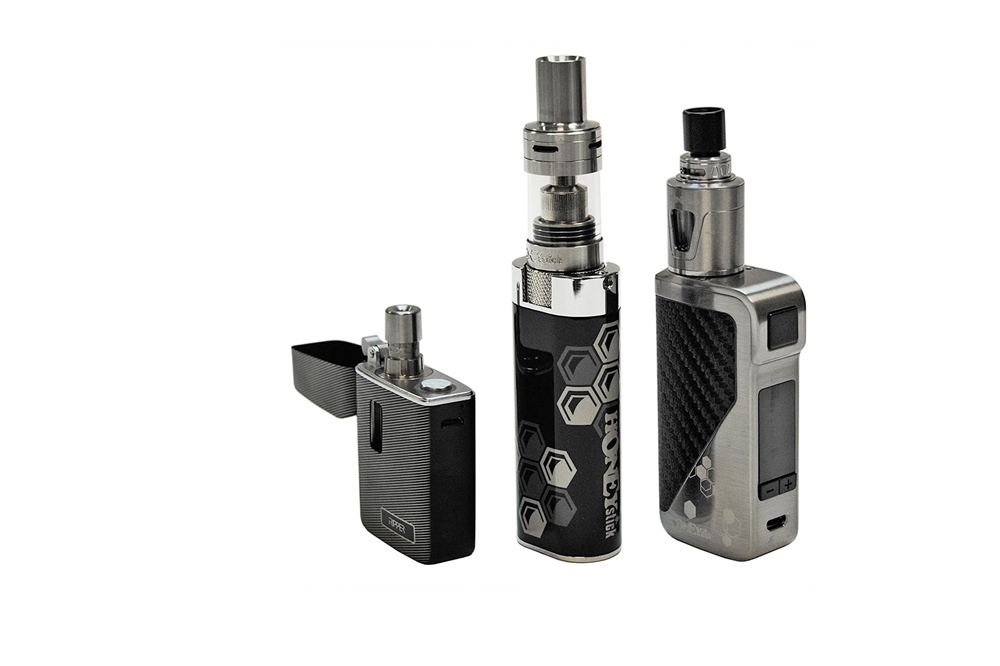VPR Brands reported revenues of $1.77 million for the second quarter of 2024, down from $1.9 million in the comparable 2023 quarter. Gross profit was $451,469, compared with $1.1 million in the second quarter of 2023.
“While the second quarter presented some challenges, we are encouraged by the solid growth in our product sales and the positive trajectory of our business,” said VPR Brands CEO Kevin Frija.
“Our ability to generate consistent revenue, coupled with our strategic investments, positions us well for future success. We are committed to driving innovation and expanding our market presence, and we believe that our focus on quality and customer satisfaction will continue to deliver value to our shareholders.”
Looking ahead, VPR Brands says it remains focused on expanding its product lines and enhancing its market footprint. “With a solid balance sheet and a dedicated team, the company is well-positioned to capitalize on emerging opportunities in the electronic cigarette and vaporizer markets,” the company wrote in a press note.



